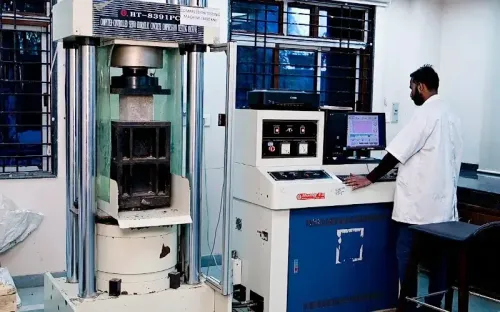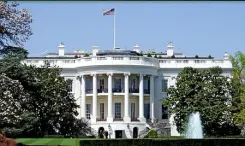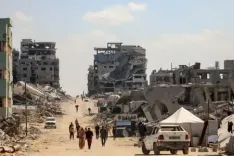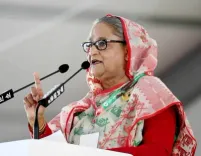How Can India Transform the Global South from Rule-Takers to Rule-Shapers?
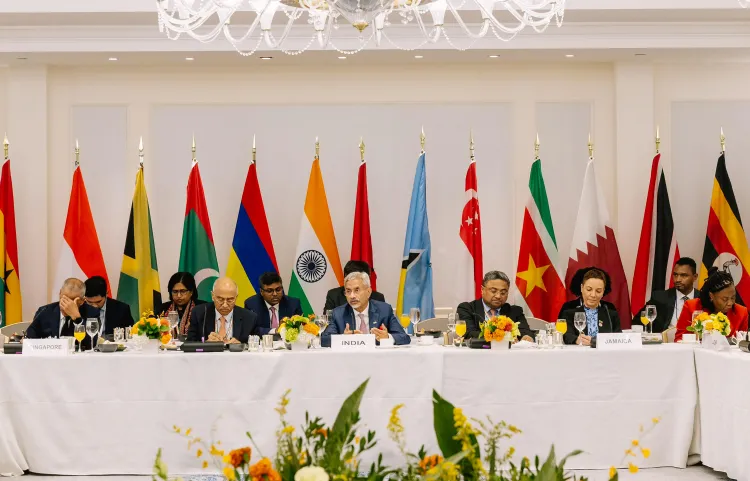
Synopsis
Key Takeaways
- India's role is pivotal in leading the Global South.
- Transforming from rule-takers to rule-shapers requires proactive strategies.
- Trade corridors should be designed around local advantages.
- Investment in infrastructure and capacity building is essential.
- Collaboration can unlock value chains that reflect local priorities.
New Delhi, Sep 27 (NationPress) In the context of the Global South, India's mission is not about substituting one dominance with another; rather, it aims to establish a collaborative framework where producers, shippers, and regulators from the South can achieve both dignity and competitiveness. A recent report emphasizes that by merging responsive actions with proactive strategies—challenging unfair practices while fostering advancements in shipping, warehousing, finance, and capacity—the South has the potential to evolve from being mere rule-takers to becoming influential rule-shapers.
When regulations are complemented by robust infrastructure—whether digital, green, or maritime—the South can chart its own destiny instead of merely following others.
The report states, “This is the roadmap India should advocate across all Global South platforms—from BRICS to IORA, from BIMSTEC to the India–Africa Forum Summit. The moment to lead is now.”
As the most credible voice of the Global South, India faces a clear challenge.
“If we only respond to external pressures, we may find ourselves relegated to low-value positions within the supply chain. Yet, by taking the initiative, we can transform reactive compliance into strategic competitiveness. This is the essential strategy the South requires—and India is well-positioned to develop it,” the report elaborates.
A trade corridor represents more than just a shipping route or a stretch of road; it is a systematic initiative involving enhanced ports and railways, revamped border facilities, streamlined digital platforms replacing cumbersome paperwork, and unified product standards.
When designed to leverage the South's inherent advantages, these corridors can release value chains that prioritize local needs over foreign mandates, as noted in the report.
From a “millets corridor” linking Eastern Africa with Western India to a “green shipping micro-corridor” between two mid-sized Southern ports, the results are tangible—quicker turnaround times, reduced shipping costs, and lower carbon footprints.
“While production is the visible aspect of trade, shipping and warehousing serve as the unseen backbone. They determine whether goods reach markets efficiently or become stuck in logistical bottlenecks,” states the report.
Furthermore, it is not just infrastructure that facilitates trade—people are the driving force. Hence, capacity building must act as the catalyst for enhanced South–South cooperation.
“The Global South stands at a crossroads. We can either remain passive, perpetually adapting to regulations imposed from outside, or we can forge our own path, creating corridors, systems, and standards that mirror our realities and ambitions,” the report concludes.



